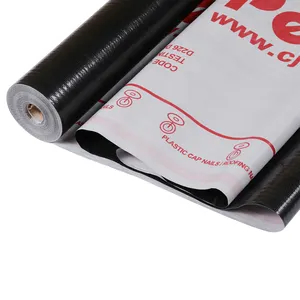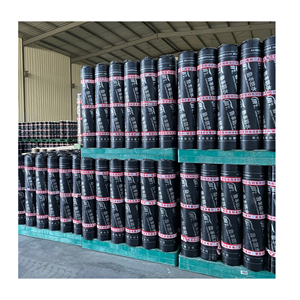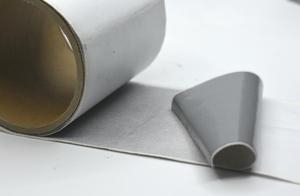Understanding Roof Waterproof Membrane
Roof waterproof membranes are essential components for protecting buildings from water ingress, ensuring structural integrity over time. These membranes act as barriers against moisture, offering a robust defense that is crucial for both residential and commercial properties. With a variety of options available on the market, understanding the different types and functionalities can lead to the best choice for your specific needs.
Types of Roof Waterproof Membrane
Roof waterproof membranes come in several types, each designed to meet differing requirements and applications:
- Bituminous Membrane: This is made from asphalt or coal tar and is ideal for flat roofs. They are typically installed in multiple layers for enhanced protection.
- Polymeric Membrane: Often made from materials like PVC or TPO, polymeric membranes are lightweight and easy to install. They provide excellent UV resistance and flexibility.
- EPDM Membrane: EPDM (ethylene propylene diene monomer) is a durable synthetic rubber membrane suitable for a wide range of climates. Its longevity and resistance make it a preferred choice for many homeowners.
- Liquid Applied Membrane: These membranes are applied as a liquid and cure into a seamless membrane. This type is beneficial for complex roof designs and hard-to-reach areas.
Function and Features of Roof Waterproof Membrane
The primary function of roof waterproof membranes is to prevent water from penetrating the structure beneath. Some key features that enhance their effectiveness include:
- Waterproof Barrier: High-quality membranes create an impenetrable layer, which protects against rain and snow.
- UV Resistance: Many membranes are designed to withstand solar radiation, thus extending their lifespan.
- Thermal Stability: Roof waterproof membranes are resistant to heat and cold, preventing warping and damage during extreme temperature fluctuations.
- Flexibility: This characteristic allows membranes to expand and contract, adapting to structural movements without tearing or cracking.
Applications of Roof Waterproof Membrane
Roof waterproof membranes are versatile and can be applied in various scenarios:
- Commercial Buildings: Large commercial structures benefit significantly from the waterproofing capabilities, reducing maintenance costs over time.
- Residential Homes: Homeowners utilize waterproof membranes to protect roofs from leaks, particularly in areas with heavy rainfall.
- Flat Roof Constructions: Ideal for flat roof designs, waterproof membranes provide a reliable barrier against standing water.
- Green Roof Installations: They are essential in green roof systems, protecting the building beneath while allowing for healthy plant growth.
Advantages of Using Roof Waterproof Membrane
Implementing a roof waterproof membrane offers numerous advantages that protect buildings and optimize their longevity:
- Cost-Effectiveness: Investing in a waterproof membrane is a proactive approach that significantly reduces the risk of future costly water damage repairs.
- Enhanced Energy Efficiency: Certain membranes help in insulating properties, leading to reduced heating and cooling costs.
- Customization: Various types of membranes can be tailored to fit specific architectural designs and requirements.
- Environmental Protection: Roof waterproof membranes contribute to sustainability by enabling rainwater harvesting and reducing run-off.








































































































































































































































